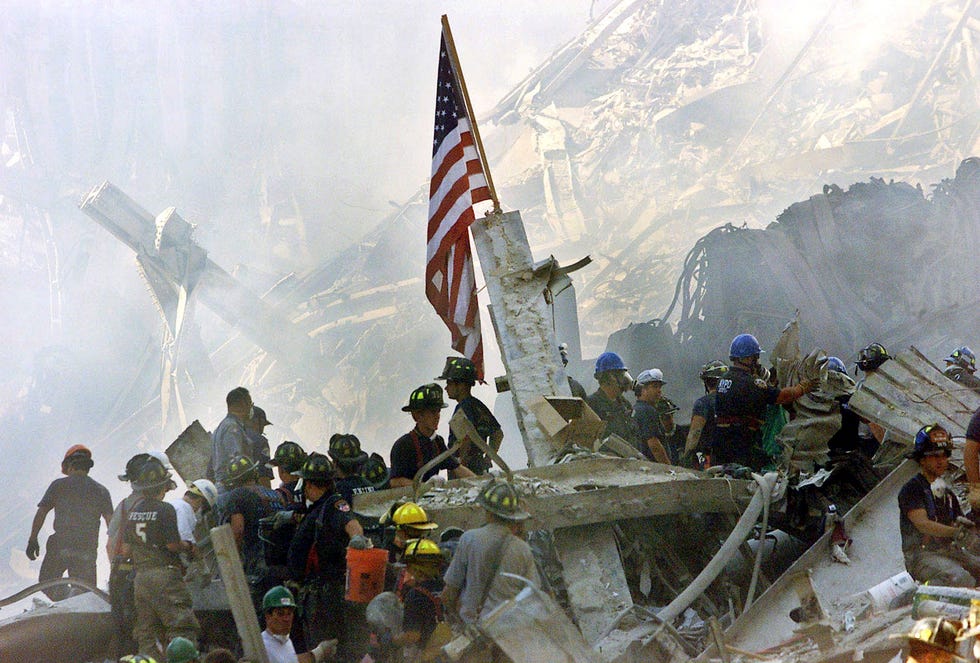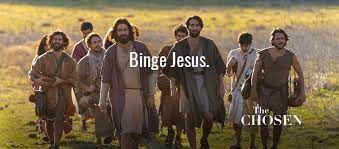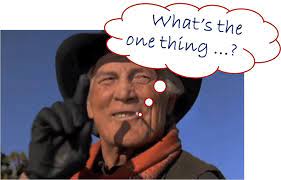This Sunday’s AFC and NFC football championship games will determine who’s in the Super Bowl. It’s the first time since 2009 that neither Aaron Rogers or Tom Brady aren’t playing. Instead there’s 4 “young guns.” There’s Joe Burrow of the Cincinnati Bengals, age 25; Patrick Mahomes, age 26, of the K.C. Chiefs; Jimmy Garapollo, age 30, of the S.F. 49ers; and the old guy in the crowd is Matthew Stafford, age 33, of the L.A. Rams. Not to overexaggerate, but Jesus did His best work at age 33! The point being, whether it’s with a prophet like Jeremiah who tells God that he’s too young for his calling, or some of the rest of us who say that we’re too old, God can work with whomever says, “Yes!” and makes themselves available.
We certainly need people of all ages to step up and do something about the mess our world is in! A lot of people have given credit to Sir Edmund Burke for the statement, “All that it takes for evil to triumph is for good people to do nothing.” Others have said that the statement, though a tad different, actually comes from English philosopher, John Stuart Mill. At his inauguration as president of the University of Saint Andrews in 1867, he said, “Let not anyone pacify his conscience by the delusion that he can do no harm if he takes no part, and forms no opinion. Bad men need nothing more to accomplish their ends, than that good men should look on and do nothing.”
No matter who said it, it’s still true. Hardly anybody wants to be a prophet. Jeremiah didn’t. He came from a priestly family. His father was Hilkiah, a famous priest who rediscovered God’s law under King Josiah in 2 Kings 22:8. Jeremiah thought that God wanted him to be a priest, but God wanted him to be a prophet. Priests have cushy jobs compared to prophets. Priests speak soothing words for the most part as they try to represent and reconcile both humans and God. They get to eat from the sacrifices at the Temple while prophets are relegated to locusts and wild honey, and prophets have to speak hard warnings that are not usually welcome. Even when their warnings of calamity come true, people still don’t like them, “There goes so-and-so, the know-it-all who brought all these problems on us!”
Nobody likes “I-told-you-so” prophets. Jesus said prophets weren’t even welcome in their hometowns, but don’t we need them today as much as any other time in history? Charles Spurgeon, a preacher and prophet from the middle of the 1800s said this about the progression of what he called, “The Six Stages of Moral Failure.” See if any of this reminds you of today: “First, we overlook evil. Then, second, we permit evil. Third, we legalize evil. Then, fourth, we promote evil. Fifth, we celebrate evil. Sixth and finally, we persecute those who still call it evil.” Wow! This sounds too familiar.
We need prophets who will take heed of Isaiah 5:20, “Woe to those who call evil, good; and good, evil.” I know that many of us feel ill-equipped or afraid to be a prophet. We’re no different from Jeremiah and his excuses. We need to hear the same reassuring word from the Lord, “You must go to everyone I send you to and say whatever I command you. Do not be afraid of them, for I am with you and will rescue you,” declares the Lord (Jeremiah 1:7b-8). That’s a relief! We can trust God to be with us even when we have to share a tough word.
Trust, in other words, is key to being a prophet or a championship NFL football team. God likes to throw “leading passes.” A leading pass is when the Quarterback throws to where the receiver will be, not where he is. So, this Sunday, receivers are going to have to trust that their young gun QBs will put the ball in the right spot. Their job is to run their routes and go where they’re supposed to go.
Remember the “Miracle in Miami” when Doug Flutie of the Boston College Eagles heaved a “Hail Mary” pass to Gerard Phelan to beat the defending national champions, Miami Hurricanes. With only 6 seconds to go, down 45 to 40, he called the “Flood Tip” play in the huddle which is when all the receivers flood the same area in the end zone and tip the ball to whichever teammate can catch it. He looked into his receiver’s eyes and said, “Just keep running, and I’ll take care of the rest.” He dropped back, scrambled for his life, backing up 17 yards to his own 35, and heaved a 64-yard pass. Gerard Phelan caught it and BC won 47-45.
If receivers can trust Doug Flutie, Patrick Mahomes, Joe Burrow, Jimmy Garopollo, or Matthew Stafford to get the ball to them, don’t you think we can trust the Good Lord? He wants to throw a leading pass to us and send us on a mission to reclaim the world. Are we willing to run our routes and go where we’re sent? I certainly hope so!






